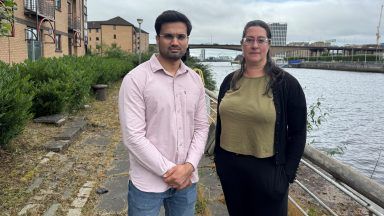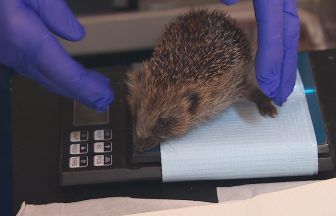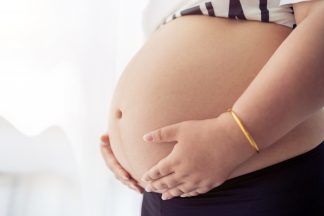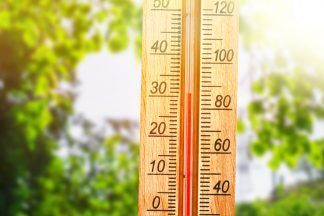People from some ethnic minority groups were more than two and a half times more likely to experience the death of someone close to them during the pandemic than the national average, new research shows.
Data from the University of St Andrews led report showed that during that time those identifying with the “Any Other” ethnic group experienced the highest level of bereavement (68%), followed by Indian (44%) and Pakistani (38%).
This was above the national average of around 25% and of just under 25% for those identifying themselves as White British.
Similar levels of bereavement experience were found for ethnic groups in England and Wales.
Across ethnic groups, of those who reported bereavement the majority said the person had died with Covid-19.
The report, titled “Racism, belonging and Covid’s legacy of ethnic inequalities in Scotland”, drew on data collected by the Evidence for Equality National Survey (EVENS) between February and October 2021 to document the experiences of ethnic and religious minorities in Britain during the Covid-19 pandemic.
Respondents were asked to consider bereavement since February 2020.
The report, authored by Professor Nissa Finney of the University of St Andrews, said that the effects of the Covid-19 pandemic were unevenly felt across population groups and parts of the country.
It stated: “In Scotland, people from some ethnic groups – Indian, Pakistani, Black African, Mixed, Other – are particularly likely to have experienced someone close to them dying, and dying with Covid-19.
“This elevates pressures upon them, which can include grief and mental health impacts, caring responsibilities and financial demands.
“The impacts of bereavement were undoubtedly acute during the pandemic and can also be expected to have ongoing, long term effects.”
The report also collated data around various questions relating to discrimination and racism in Scotland’s ethnic groups.
It found that nine in 10 (91%) Black Caribbean respondents in Scotland had been insulted in the five years prior to the survey for reasons to do with their ethnicity, race, colour or religion.
Other minorities – Mixed White and Black Caribbean (79%), Chinese (44%), Other Black (41%) and White Irish (33%) – had also experienced such insults in the preceding five years.
The report found that a minority – 21% – of ethnic minorities in Scotland with recent experience of racism tried to do something about it.
Just over two fifths (43%) reported that they accept racism as a “fact of life”.
The report concluded: “On the basis of this report, it is clear that there is considerable work to be done to achieve a fairer Scotland, and ‘equally for people from all ethnicities’.
“The challenge is to address the enduring unequal impacts of the Covid-19 pandemic that are layered upon existing and intersecting inequalities between ethnic groups.
“The ethnic inequalities in bereavement – the everyday, ongoing impacts of disparities in death rates – exemplify ethnic inequalities in Scotland that have been exacerbated in recent years.
“They give cause for review of the best available evidence on ethnic inequalities and renewed political response.”
EVENS collected data from 14,221 people of whom 9,708 identify as ethnic minorities.
There were 1,169 participants in Scotland.
The report is a collaboration between researchers at the Centre on the Dynamics of Ethnicity (CoDE) at the University of St Andrews and the University of Manchester and the Ethnic Minority Voluntary Sector umbrella body BEMIS.
Professor Finney said: “The disproportionate impacts of Covid-19 on ethnic minorities in Scotland and the rest of Britain aren’t over.
“People are still dealing with its consequences day-to-day. Living with the loss of someone close to you doesn’t end when vaccination programmes stop.
“Our research with the EVENS Survey shows that ethnic minority people are more than twice as likely to have experienced Covid-related bereavement compared to White British.
“In Scotland, twice the proportion of people identifying as black and Asian compared to White British experienced the death of someone close to them during Covid.
“Our new data reveal that racism is becoming normalised. Over 80% of ethnic minorities experience racism during their life.
“In Scotland, one in 10 Black, Asian, Arab and Chinese people have experienced unfair treatment from the police due to ethnicity or race in recent years. And most ethnic minorities worry about racism.
“For black groups particularly, most accept racism as a fact of life. This is a very concerning state of affairs.”
A Scottish Government spokesperson said: “Our deepest sympathies go out to all those who lost a loved one during the pandemic.
“The Scottish Government is committed to responding to both the Scottish Covid-19 and UK Covid-19 inquiries, as learning lessons from the pandemic is vital to prepare for the future.
“It would be inappropriate to comment on the detail of evidence being considered by either Inquiry while hearings are ongoing.”
Follow STV News on WhatsApp
Scan the QR code on your mobile device for all the latest news from around the country


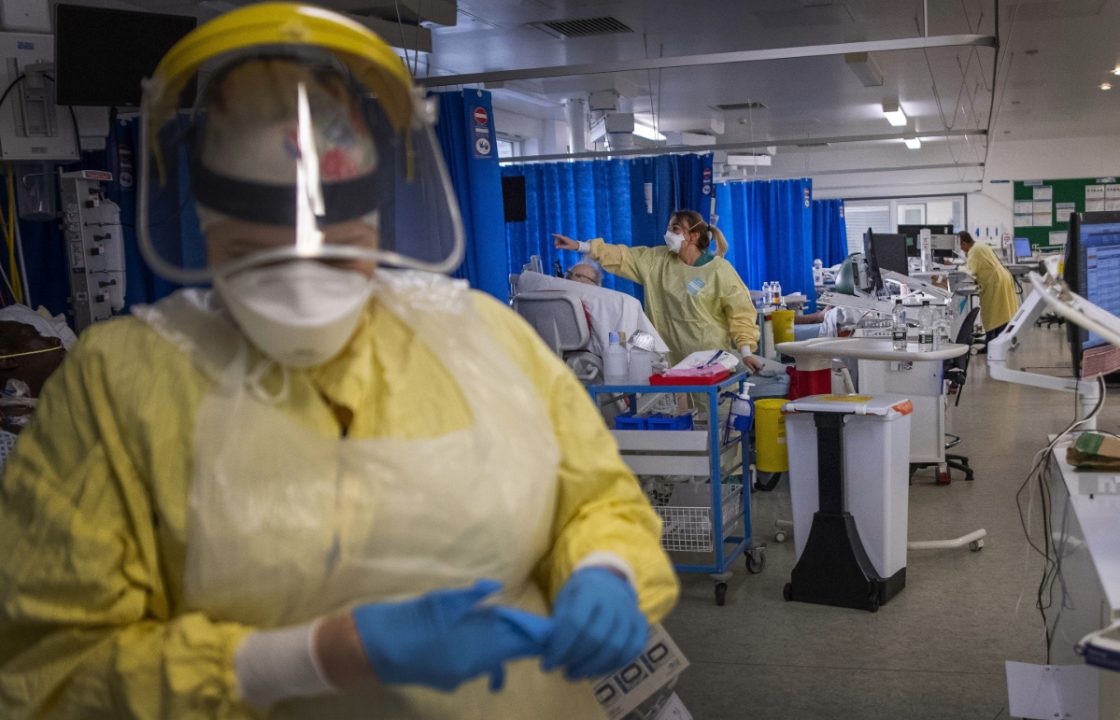 PA Media
PA Media



